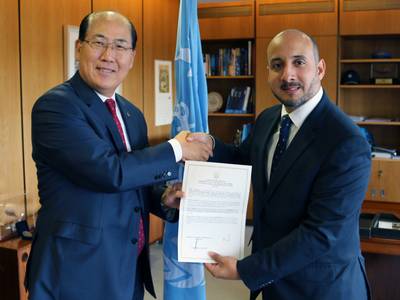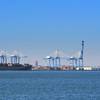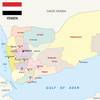Panama has become the latest State to accede to the International Convention for the Control and Management of Ships' Ballast Water and Sediments (BWM Convention), bringing the proportion of global shipping tonnage covered by the treaty to 53.28 percent, with 53 Contracting Parties.
The BWM Convention will enter into force on September 8, 2017 and will require ships to manage their ballast water which will help prevent the spread of invasive aquatic species, which can cause havoc for local ecosystems, affect biodiversity and lead to substantial economic loss.
Jorge Barakat Pitty, Minister of Maritime Affairs of Panama, presented the country's instrument of accession to the Ballast Water Management Convention to IMO Secretary General Lim on Wednesday, October 19, 2016. Panama is the largest flag State globally in terms of tonnage, with 18.02 percent of world merchant shipping tonnage.
Lim welcomed the latest accession and urged countries which have not yet ratified the treaty to do so as soon as possible. Last month, accession by Finland ensured that criteria had been met for entry into force of the treaty.
"I am heartened by the fact we now have more than half of the world merchant shipping tonnage signed up to this treaty, which will not only minimize the risk of invasions by alien species via ballast water, it will also provide a global level playing field for international shipping, setting clear and robust standards for the management of ballast water on ships," Lim said.
"I now encourage other States which have not yet ratified the treaty to do so as soon as possible, in order to ensure that the greatest percentage of the world fleet as possible will be subject to the treaty's terms upon its entry into force in September 2017," Mr. Lim said.
Pitty congratulated IMO on achieving entry-into-force criteria for the BWM Convention: "This instrument will be of vital importance in continuing to demonstrate the commitment of the maritime sector to preserving the environment."













